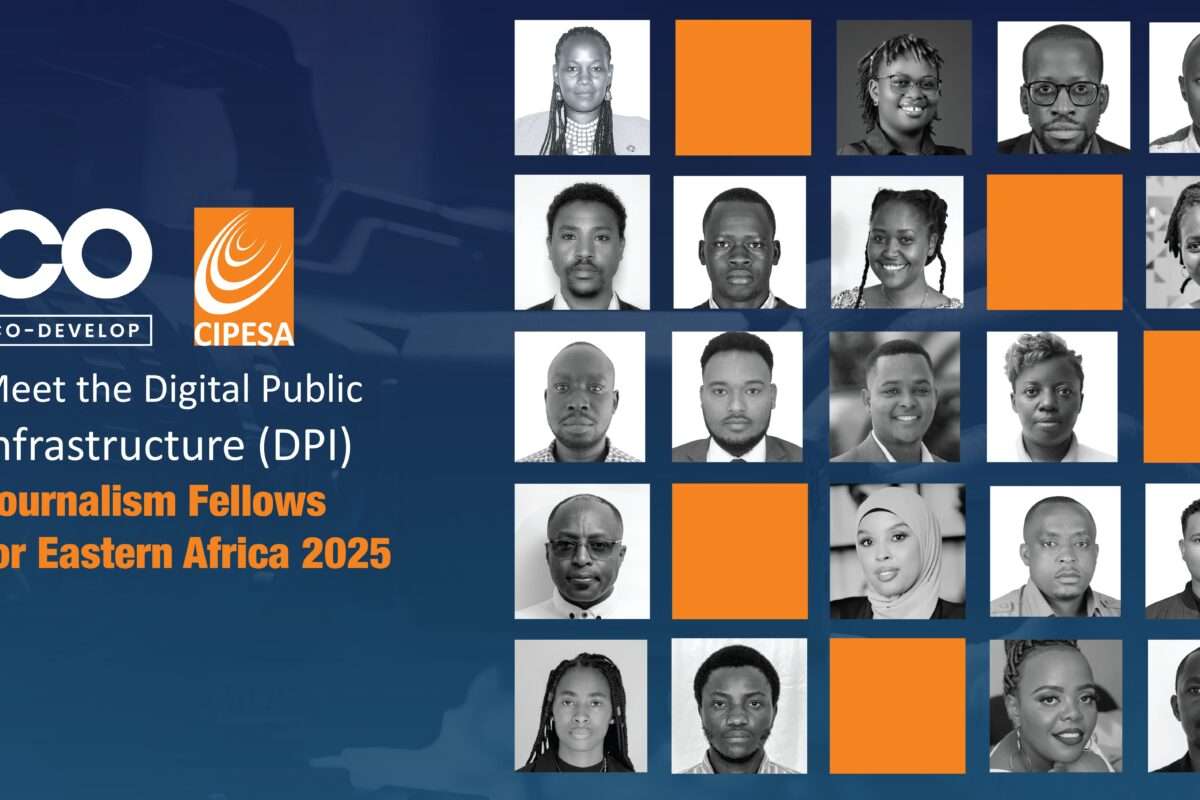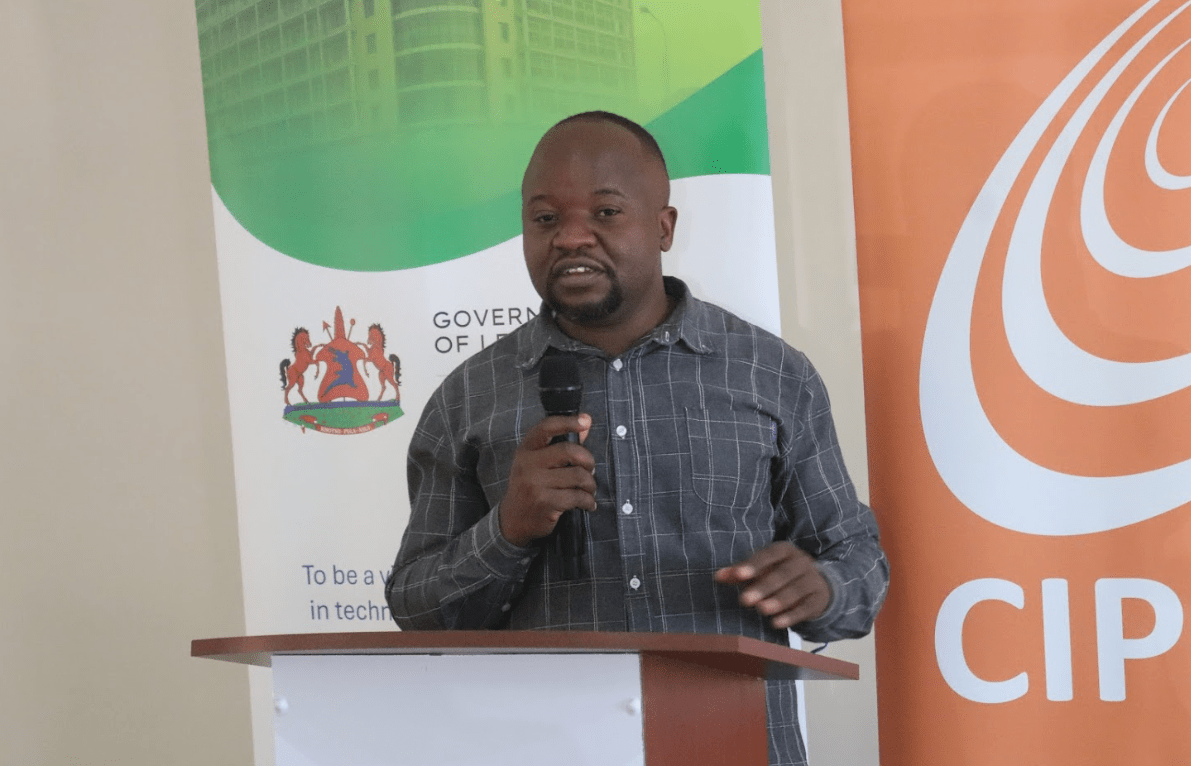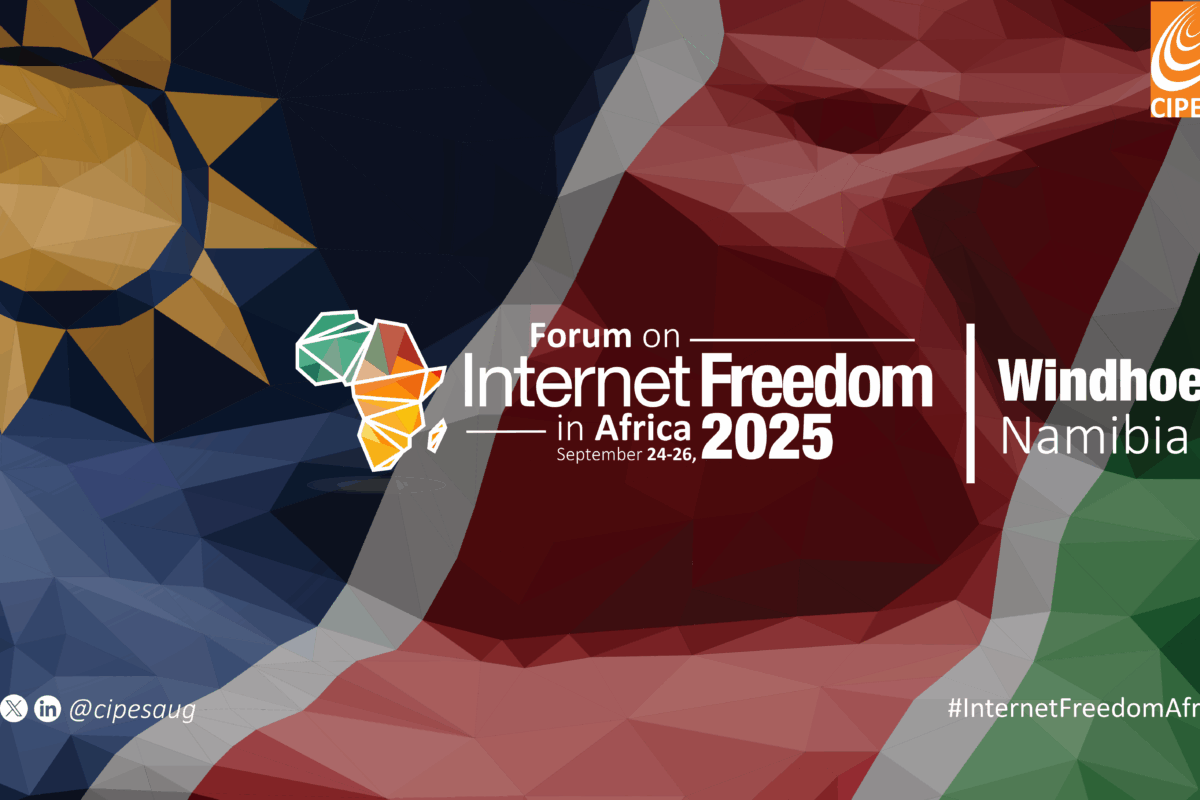Event |
The Government of Liberia, through the Ministry of Posts and Telecommunications (MoPT), in collaboration with the African Union Commission, and delivered by the Collaboration on International ICT Policy for East and Southern Africa (CIPESA), is convening a two-day capacity-building workshop on data governance.
This workshop aims to strengthen the capacity of government officials, civil society representatives, and private-sector stakeholders to understand and apply the principles of data governance in advancing Liberia’s digital transformation agenda. Participants will gain insights into how to harness the transformative potential of data to drive equitable socio-economic growth, empower citizens, safeguard collective interests, and protect digital rights.
The training will also cover key aspects such as foundational digital infrastructure, data value creation and markets, legitimate and trustworthy data systems, data standards and categorisation, and institutional governance mechanisms that promote transparency, innovation, and accountability.
The event is taking place from 11th to 12th November 2025, Monrovia, Liberia.





